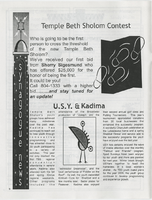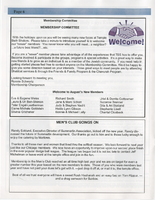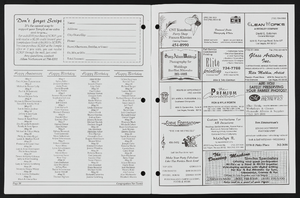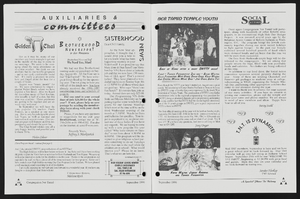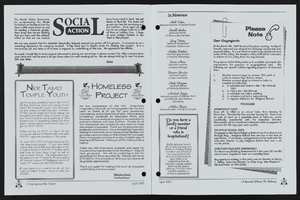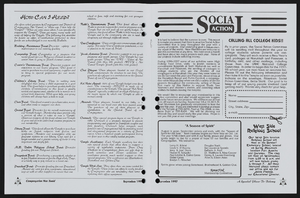Search the Special Collections and Archives Portal
Search Results
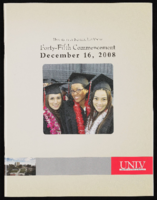
University of Nevada, Las Vegas (UNLV) 45th commencement program
Date
2008-12-16
Archival Collection
Description
Commencement program from University of Nevada, Las Vegas Commencement Programs and Graduation Lists (UA-00115).
Text
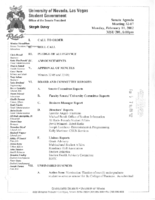
Meeting minutes for Consolidated Student Senate University of Nevada, Las Vegas, February 11, 2002
Date
2002-02-11
Archival Collection
Description
Includes meeting agenda and minutes.
Text
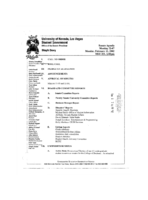
Meeting minutes for Consolidated Student Senate University of Nevada, Las Vegas, February 07, 2002
Date
2002-02-07
Archival Collection
Description
Includes meeting agenda and minutes.
Text

Meeting minutes for Consolidated Student Senate, University of Nevada, Las Vegas, March 01, 2004
Date
2004-03-01
Archival Collection
Description
Includes meeting minutes.
Text
Pagination
Refine my results
Content Type
Creator or Contributor
Subject
Archival Collection
Digital Project
Resource Type
Year
Material Type
Place
Language
Records Classification

